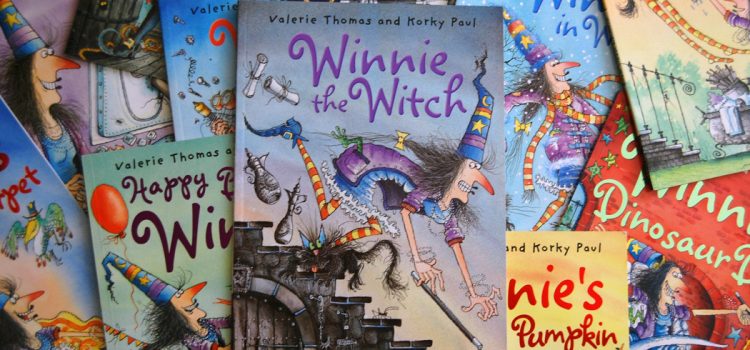An introduction to the British series of picture books about Winnie the Witch.
Winnie the Witch


An introduction to the British series of picture books about Winnie the Witch.

There are many pairs of adjectives (形容詞) that describe emotions (感情を表す) in English, with one word ending in “-ed” and the other ending in “-ing”. They are very useful words but students are often confused (混乱する) about how to use

In my last post I introduced adverbs of frequency (頻度を表す副詞) and this time I would like to introduce a few extra phrases to help you talk about how often you do something. Last time I introduced fairly vague (曖昧な) words

In this post I would like to introduce a very useful set of words; namely adverbs of frequency (頻度を表す副詞). Here is a list of the most common adverbs of frequency in English: 100% Always (いつも)↓ Usually (普段)↓ Often (よくする)↓ Sometimes

In my last post about building vocabulary I talked about learning groups of words. Another good way to build vocabulary is to learn different parts of speech (品詞) based on a key word. For example if we start with the

In Japanese, English (katakana) words are regularly abbreviated (短縮・省略される), but often in different ways to native English so you need to be careful. One example is “air-con” (エアコン), which in English would be shortened to AC or A/C. We often

In my last blog post I talked about New Year’s resolutions (新年の抱負).Recently I have been teaching my students some useful phrases for talking about future hopes and goals (希望と目標): (weaker) ↓ I hope to…/I would like to… ↓ I want